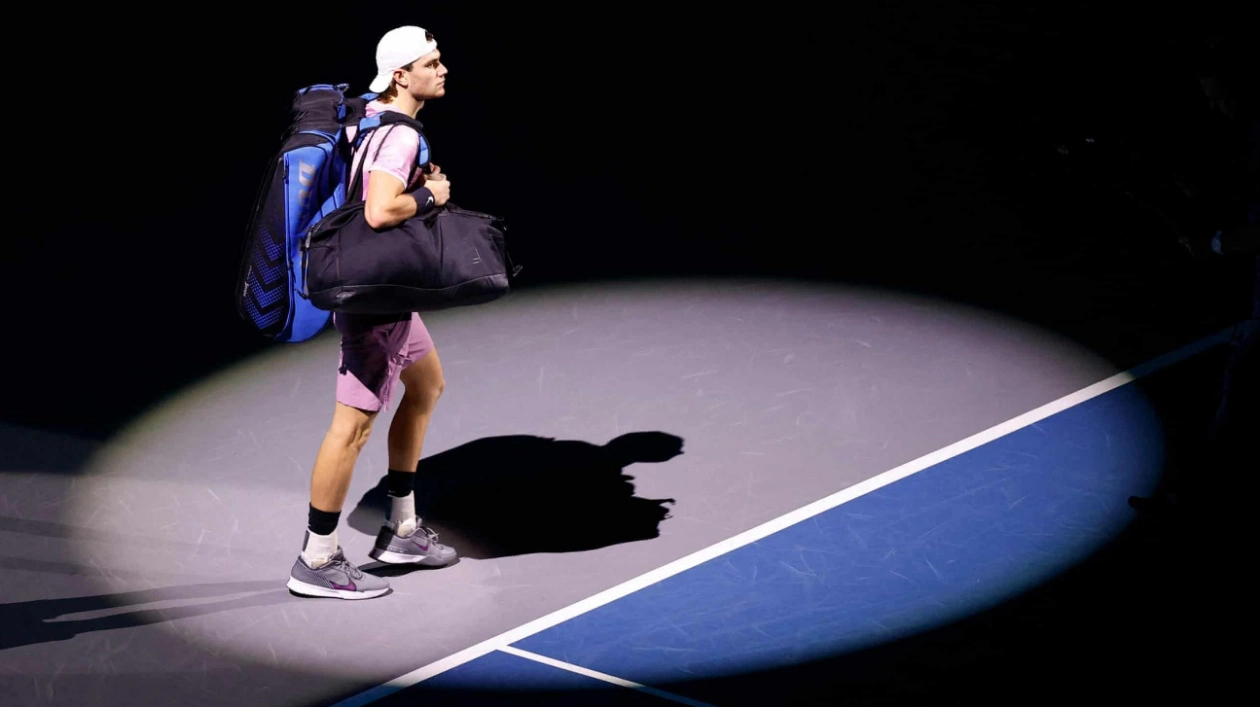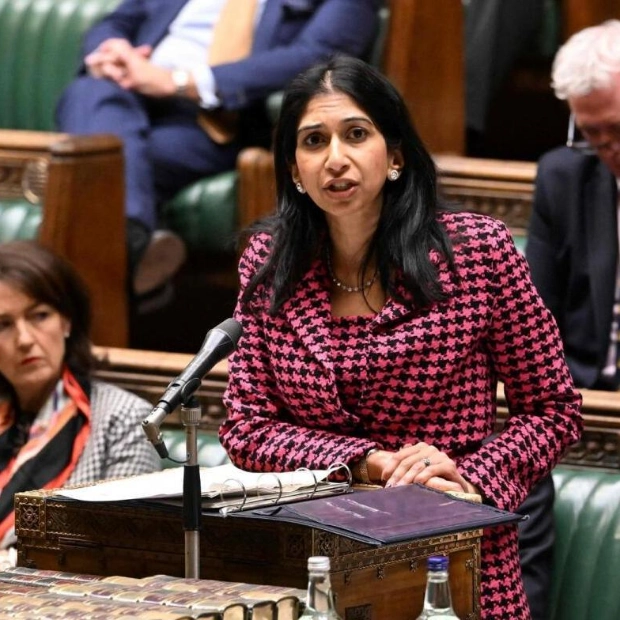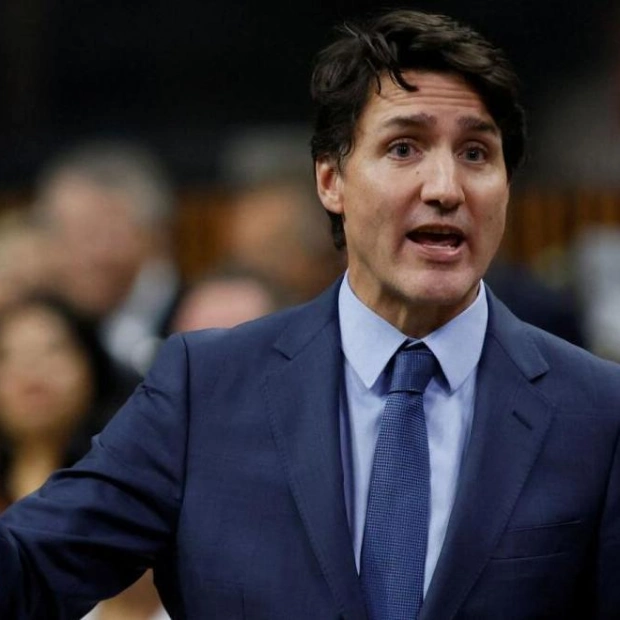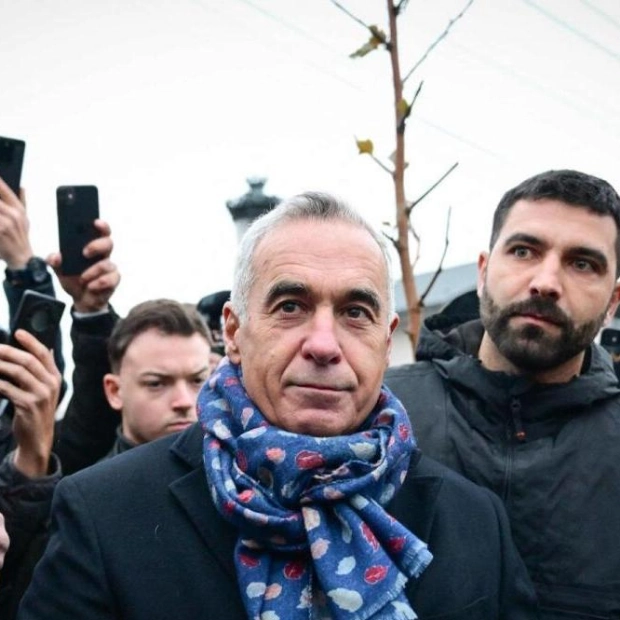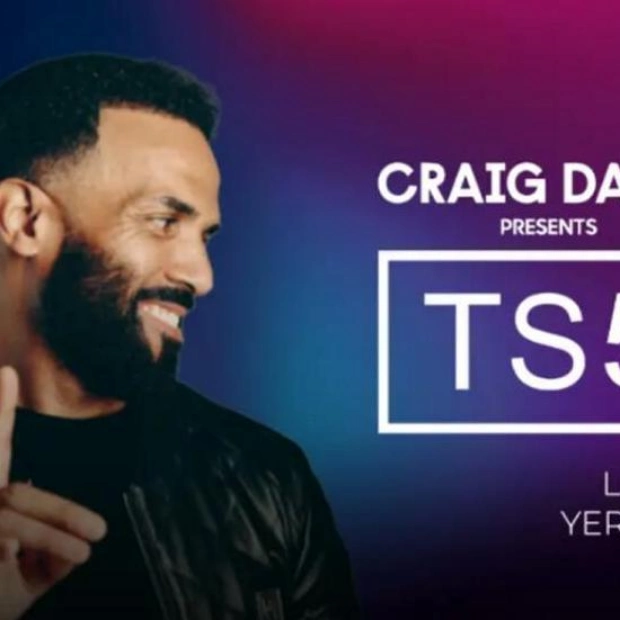In the midst of the second set of his Vienna Open final against Karen Khachanov, the tide of the match had drastically shifted. For over an hour, Draper had been impeccable, his racket producing a steady stream of winners as he systematically built a 6-4, 4-0 advantage. However, he then encountered a significant obstacle. Five games later, Khachanov, displaying his usual tenacity, was just two points away from forcing a decisive final set. Trailing 4-5, 15-30 in the second set, Draper executed a sliding lefty first serve out wide, maneuvered himself inside the baseline, and ultimately concluded a highly aggressive point with a beautifully angled crosscourt backhand winner. He then sealed one of the most crucial service games of his career with additional first serves and relentless aggression, regaining the momentum and eventually securing his first ATP 500 title.
Throughout his remarkable week in Vienna, Draper demonstrated unwavering courage under pressure during pivotal moments, a stark contrast to the beginning of the season when many of his matches ended in agonizing 6-7 or 5-7 final set losses. “I believe it’s a matter of confidence, playing numerous matches, and perhaps understanding better what I need to do in those critical moments without panicking,” Draper remarked in an interview with the Guardian in Paris, where his Paris Masters campaign commences on Tuesday. “At the highest level, it’s often about small margins. The best players in the world only win 53% of the points. So it’s what you do on the big points that truly matters. I feel I’m still striving to improve in this area, but overall, it’s getting better, and I think it’s reflected in my results, particularly in the closing stages of matches.”
Throughout this year, Draper’s confidence has been fortified by his overall advancements. His enhanced fitness has enabled him to remain on court throughout the season, continuing his physical development and improving his already exceptional movement. It has become increasingly challenging for opponents to consistently outmaneuver him. Draper’s commitment to becoming a more offensive player has been another cornerstone of his success. His defensive instincts are deeply ingrained, and it has taken time for him to embrace taking control of matches on the biggest points, especially with his forehand, rather than allowing his opponents to dictate the outcome.
Perhaps the most notable development in Vienna was Draper’s serve. At its peak, his lefty first serve is a formidable, versatile weapon, ranking fourth on the tour for first serve points won, with 78.6% of points secured this year. However, Draper has faced consistency issues with his first serve at times this year—his first serve percentage of 59.1% ranks 71st on the ATP Tour. Even at the US Open, Draper’s first serve percentage dipped below 50% in half of his six matches. Earlier in the year, Draper unsuccessfully attempted to rectify his first serve inconsistencies by adjusting his service motion, particularly the positioning of his feet in his stance. But work on his ball toss has allowed him to find greater rhythm. In Vienna, Draper landed 69% of first serves in, winning 80% of points behind them. In numerous critical moments, including when he regained momentum deep in the second set against Khachanov, his first serve was instrumental.
While Draper’s journey to the US Open semi-final was a significant achievement in itself, it was equally important for him to sustain his momentum and consistently perform at a high level. He has demonstrated that he possesses the tools, athleticism, and mental resilience to defeat the best players in the world and continues to improve. “I think winning my first title in Stuttgart was the turning point for me,” Draper says. “I felt like that was a weight off my shoulders. And then, as soon as that happened, I definitely felt much calmer within myself, and I think that’s helped me to progress steadily.”
“Obviously, the US Open again was a significant confidence booster. But in general, I’ve just been quite level-headed. I’ve been pretty calm, continuing to do what I’m doing. I think tennis is all about mastering the basics, and I feel I’m doing the basics better and better with higher quality. And that’s enhancing my tennis. It’s nothing extraordinary. It’s just solid, consistent work that I’m putting in on court and in the gym, and everything’s starting to come together.” Just a few hours after leaving the court, Draper boarded an evening flight to Paris, and by 5pm on Monday, he was on the practice courts in Bercy, preparing for his first-round match against Jiri Lehecka of the Czech Republic, another talented 22-year-old with formidable skills. A formidable challenge awaits. He will begin in Paris hoping for a fitting conclusion to a profoundly impressive breakthrough year, but also with the understanding that, regardless of how his season ends, there is no doubt that he has finally arrived.
Source link: https://www.theguardian.com
